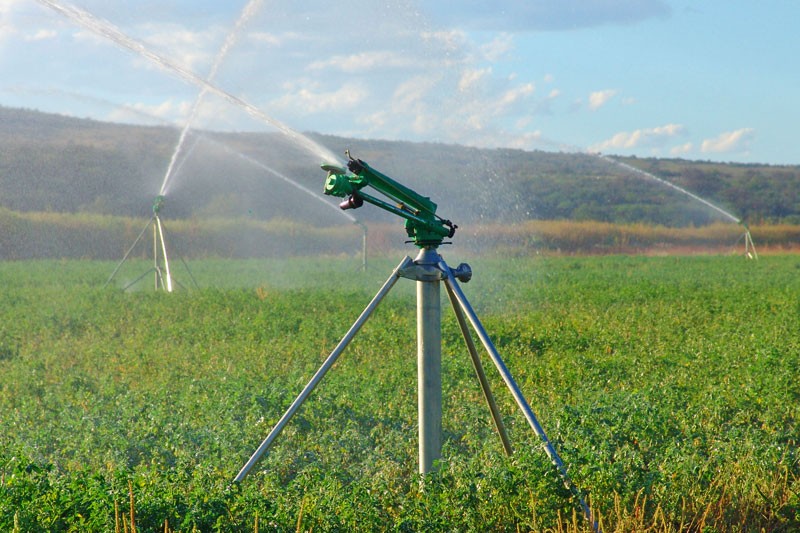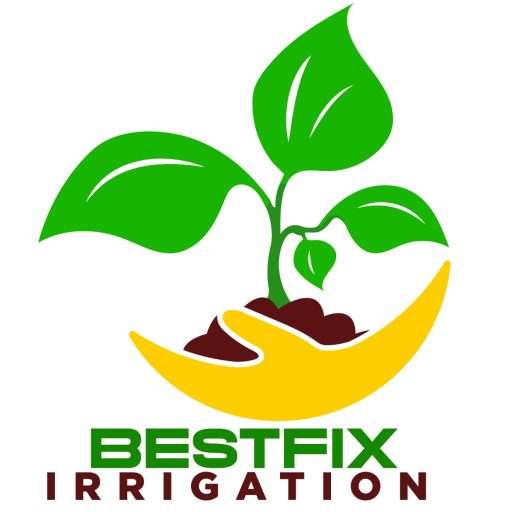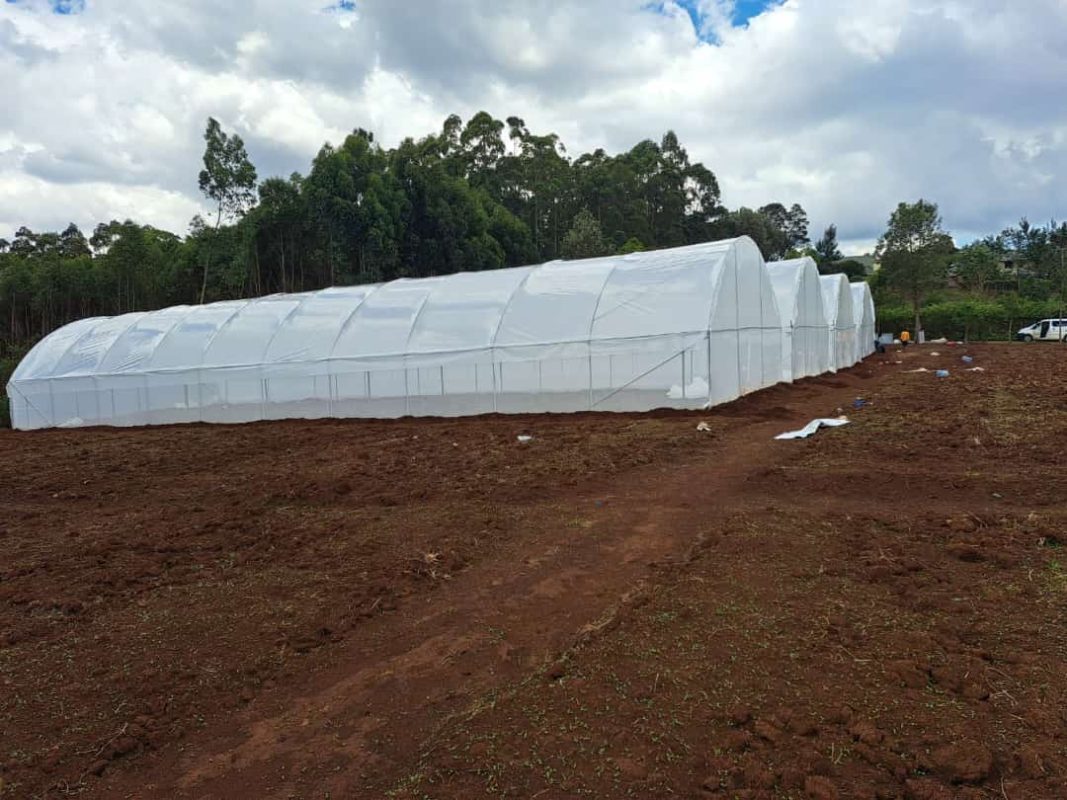
Categories
Recent Posts
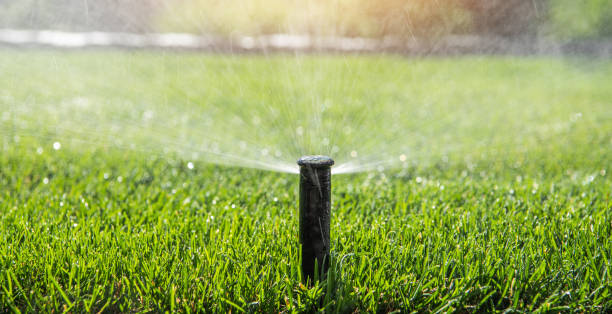
Effortless Green: Mastering Lawn Care with Pop-Up Sprinklers
Maintaining a lush, vibrant lawn is a perennial dream for many homeowners, but the time and effort required can often feel daunting. Enter the world of pop-up sprinklers—a transformative solution designed to make lawn care not only simpler but also more efficient. In an age where convenience meets sustainability, mastering the art of lawn maintenance with these ingenious devices allows you to cultivate an effortless green oasis right in your backyard. This article will delve into the ins and outs of pop-up sprinklers, exploring their benefits, installation tips, and maintenance tricks. Say goodbye to cumbersome hoses and endless watering routines, and discover how you can achieve a thriving lawn with minimal effort. Get ready to unlock the secrets to a healthy, green landscape that delights the senses and elevates your outdoor space.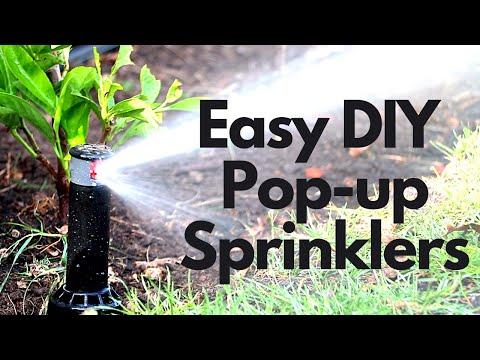
Understanding the Benefits of Pop-Up Sprinklers for Your Lawn Care Routine
Pop-up sprinklers are a game-changer when it comes to maintaining a lush, vibrant lawn with minimal effort. One of the standout advantages is their discreet design. When not in use, these sprinklers retract into the ground, preventing unsightly protrusions that can disrupt the aesthetics of your yard. This not only enhances your lawn’s visual appeal but also makes the area safer for children and pets. Additionally, they are highly efficient, delivering water precisely where it’s needed without wasting resources on sidewalks or driveways. This targeted irrigation ensures that every drop counts, leading to healthier grass and lower water bills.
Another significant benefit is their customizable spray patterns and scheduling capabilities. Many modern pop-up systems come equipped with timers or can be integrated into smart home systems, allowing homeowners to automate their lawn care without a second thought. With adjustable spray arcs and distances, you can easily tailor your system to accommodate any tree, flower bed, or hard surface. By utilizing pop-up sprinklers, you are not only saving time and effort in lawn maintenance but also ensuring optimal water usage for your entire garden. Here’s a quick overview of their benefits:
| Benefit | Description |
|---|---|
| Space-Saving Design | Retracts into the ground when not in use. |
| Water Efficiency | Delivers water exactly where needed, reducing waste. |
| Automation | Features timers and smart integration for effortless care. |
| Customizable Options | Adjustable spray patterns to fit any garden layout. |
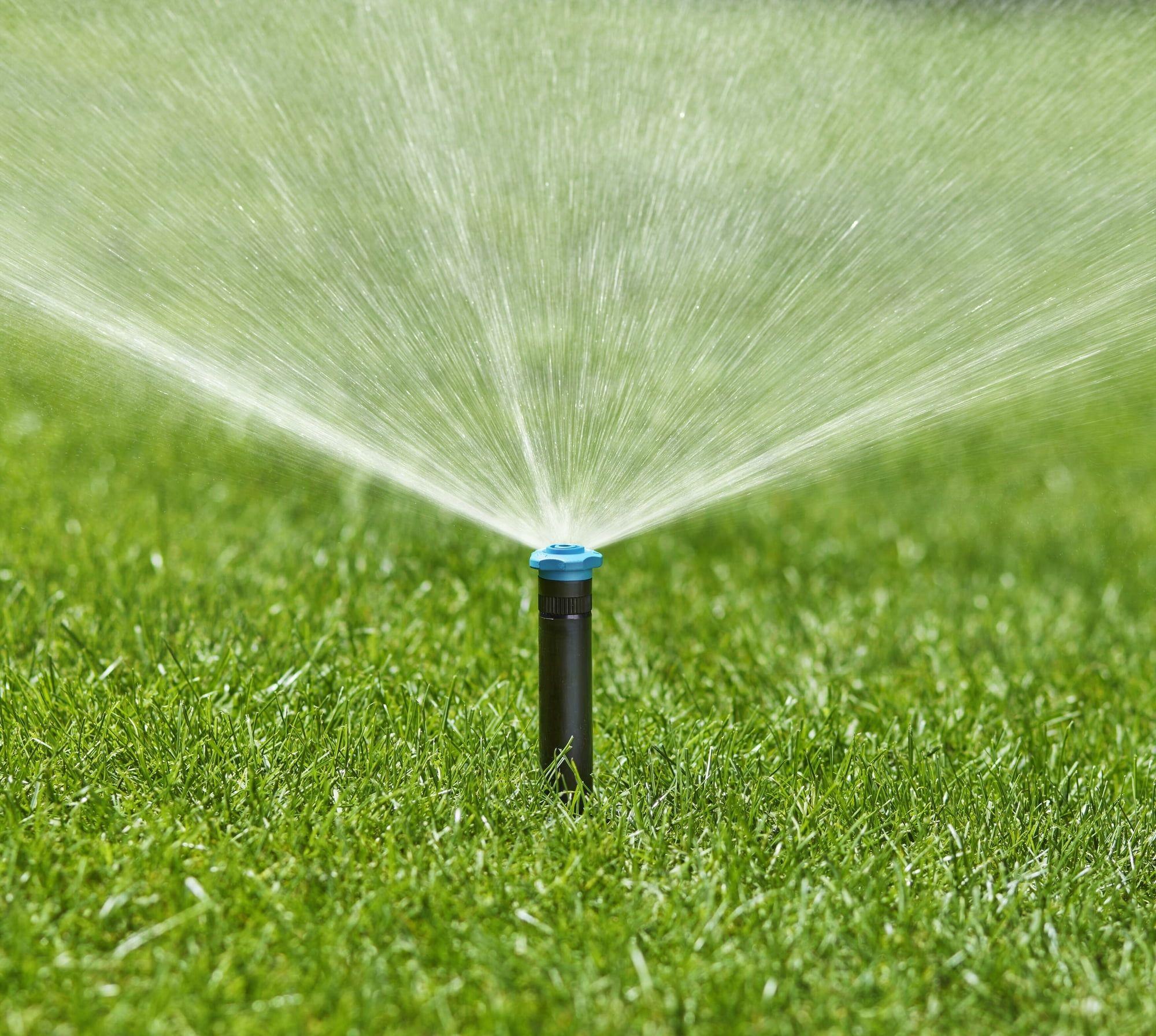
Selecting the Right Pop-Up Sprinkler System for Optimal Coverage
Choosing the right pop-up sprinkler system is essential to ensure your lawn receives uniform coverage and hydration. Start by assessing the size and shape of your lawn, as well as any unique landscape features such as trees, flower beds, or pathways. You’ll want to consider various pop-up sprinkler types and their respective coverage areas. For larger lawns, you may need a combination of rotary and fixed spray sprinklers to ensure an even distribution of water. Moreover, pay attention to the reach of each sprinkler head, as this will determine how effectively your system can cover the space without leaving dry patches or overwatering certain areas.
It’s also important to think about the water pressure available in your area, as this can influence the performance of your sprinkler system. Lower water pressure may require more sprinklers to be installed, while higher pressure can allow for fewer units with more efficient coverage. While selecting sprinklers, take note of features such as adjustable nozzles and variable radius settings, which can add flexibility to your watering schedule. Use the table below to compare essential features of popular sprinkler options:
| Sprinkler Type | Coverage Area | Best For |
|---|---|---|
| Fixed Spray | 15-25 ft | Small lawns, flower beds |
| Rotary | 25-50 ft | Medium to large lawns |
| Impact | 30-80 ft | Athletic fields, large areas |

Maximizing Water Efficiency: Tips for Programming Your Sprinkler Timer
To achieve a lush, green lawn while conserving water, programming your sprinkler timer effectively is essential. Begin by understanding your landscape’s unique needs: different plants and grass types require varying amounts of moisture. To simplify this, group your plants according to their water requirements. This helps you allocate the right amount of water to each section of your garden. Consider setting your timer to run early in the morning or late in the evening when evaporation rates are lowest, maximizing the water absorbed by your lawn.
Additionally, ensure that your sprinkler system is operating efficiently. Regularly check for any leaks or broken heads that may waste precious water. A well-timed irrigation schedule can be adjusted based on seasonal changes and rainfall—stay informed about local weather conditions and tweak your timer accordingly. You might also find it helpful to create a simple watering schedule in a table format to keep track of your system settings and adjustments:
| Day | Watering Time | Duration (min) |
|---|---|---|
| Monday | 6:00 AM | 20 |
| Wednesday | 6:00 AM | 25 |
| Friday | 6:00 AM | 30 |
With these strategies, you can ensure a healthy lawn while maintaining water efficiency, allowing you to enjoy your outdoor spaces responsibly and sustainably.
![]()
Seasonal Lawn Care Strategies to Enhance Your Green Space
To achieve a lush, healthy lawn, timing is everything. Each season brings unique challenges and opportunities that call for tailored care strategies. In spring, the focus should be on active growth management. Begin by removing debris to welcome new grass shoots and aerating the soil to improve water infiltration. Consider applying a slow-release fertilizer to provide essential nutrients as the grass wakes up from its winter slumber. During this time, regular mowing is crucial; keeping your grass at the optimal height helps it establish deep roots.
As summer approaches, maintaining moisture becomes critical, especially when utilizing pop-up sprinklers. These convenient systems can be programmed to deliver consistent, deep watering, which encourages root development and minimizes water waste. Aim for early morning irrigation to reduce evaporation and fungal growth. In addition, consider seasonal herbicide applications to control weeds without disrupting your lawn’s delicate ecosystem. As the leaves turn in fall, adjust your strategy once more: a final mow, overseeding with winter-resistant grass varieties, and applying a high-phosphorus fertilizer can set the stage for a vibrant lawn come spring.
| Season | Key Activities |
|---|---|
| Spring |
|
| Summer |
|
| Fall |
|
Concluding Remarks
As we wrap up our exploration of “Effortless Green: Mastering Lawn Care with Pop-Up Sprinklers,” it’s clear that achieving a lush and vibrant lawn no longer has to be a labor-intensive endeavor. With the integration of pop-up sprinklers into your outdoor routine, maintaining a healthy landscape becomes a seamless and efficient task. These innovative watering systems not only save time and energy but also empower you to customize your irrigation strategy to suit the specific needs of your garden. Remember, a beautiful lawn is just a push of a button away. By investing in the right technology and embracing smart lawn care practices, you pave the way for a thriving outdoor space that can be enjoyed season after season. So, take the leap into effortless greenery, and watch as your landscape transforms into a serene oasis of natural beauty, all while knowing that you’ve taken a step towards more sustainable gardening. Happy watering!
Bestfix Irrigation
Related News

